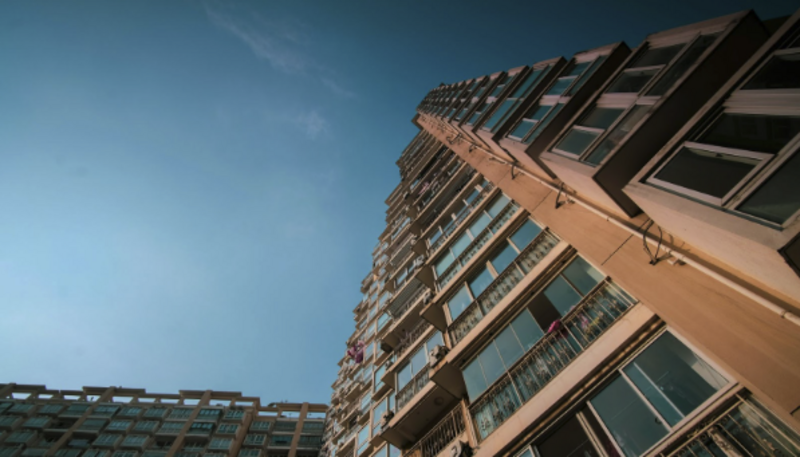Like a boxer hanging on by a thread, one of China’s biggest real estate developers is being forced to throw in the towel.
What happened: A Hong Kong court ordered China’s Evergrande, now the world’s most indebted real estate developer, to sell off assets to pay off its humongous debt of US$300 billion owed to foreign and domestic creditors — after two years of failing to restructure it.
Catch up: Evergrande was a driving force in China’s pre-pandemic real estate boom but racked up massive debts in the process. As regulators started clamping down on surging debt, it was bad news for a developer without access to financing and lots of debt to pay off.
- Evergrande is just one of dozens of Chinese real estate developers that have collapsed since a government crackdown on excessive debt back in 2020.
- Slowing population growth and consumers pulling out of the housing market have created an oversupply that has plunged China into a full-blown property crisis.
Why it matters: Because of the size of China’s economy (the world’s second-largest) and its role as a major producer, turmoil in its real estate sector — which accounts for over a quarter of all business activity in the country — has a broader ripple effect on the global economy.
- With the size of Evergrande’s debt and its impact on China’s economic output, the liquidation could spill over into everything from supply chains to financial markets.
Zoom out: Given that liquidators appointed by Hong Kong courts have previously been stopped from taking control of assets in mainland China and the two jurisdictions have separate legal systems, it’s not guaranteed that mainland China will honour the court’s ruling.
Bottom line: Experts say if the US$25.4 billion owed to foreign creditors is ignored, it could scare off investors from China and further isolate one of the world’s largest economies.—LA
